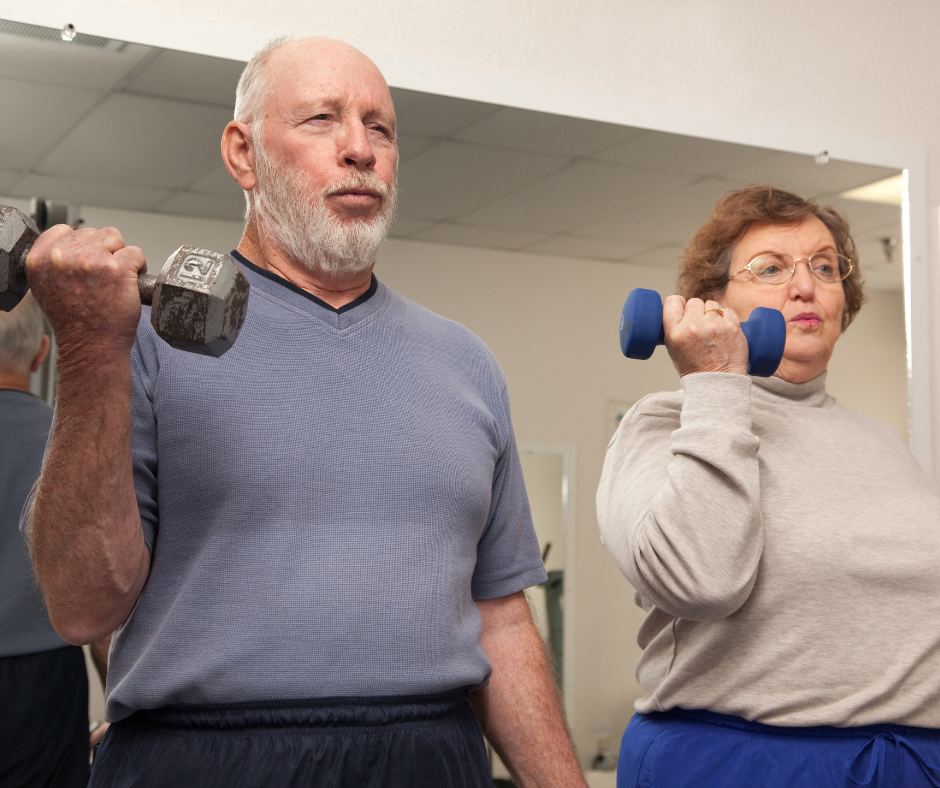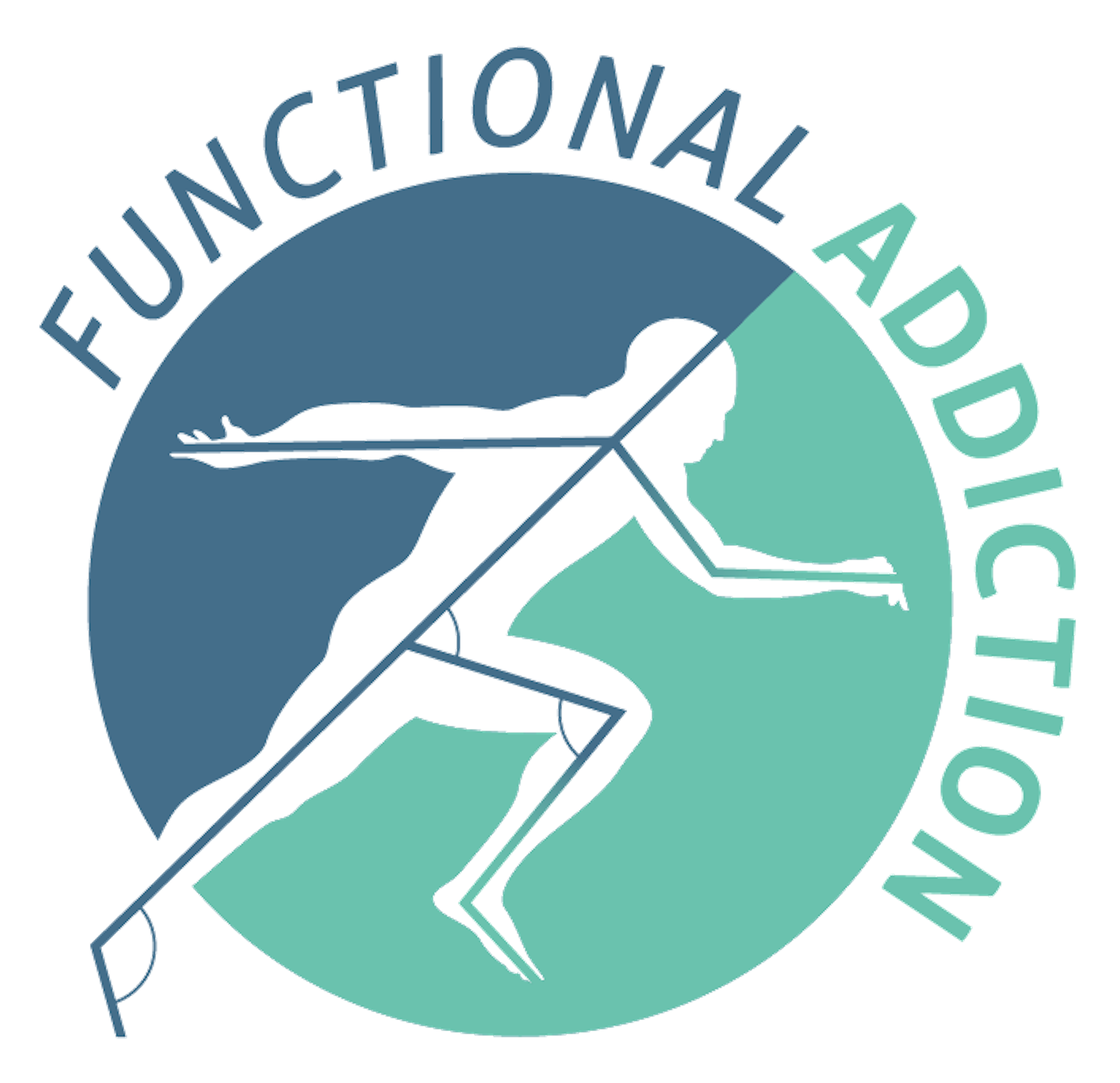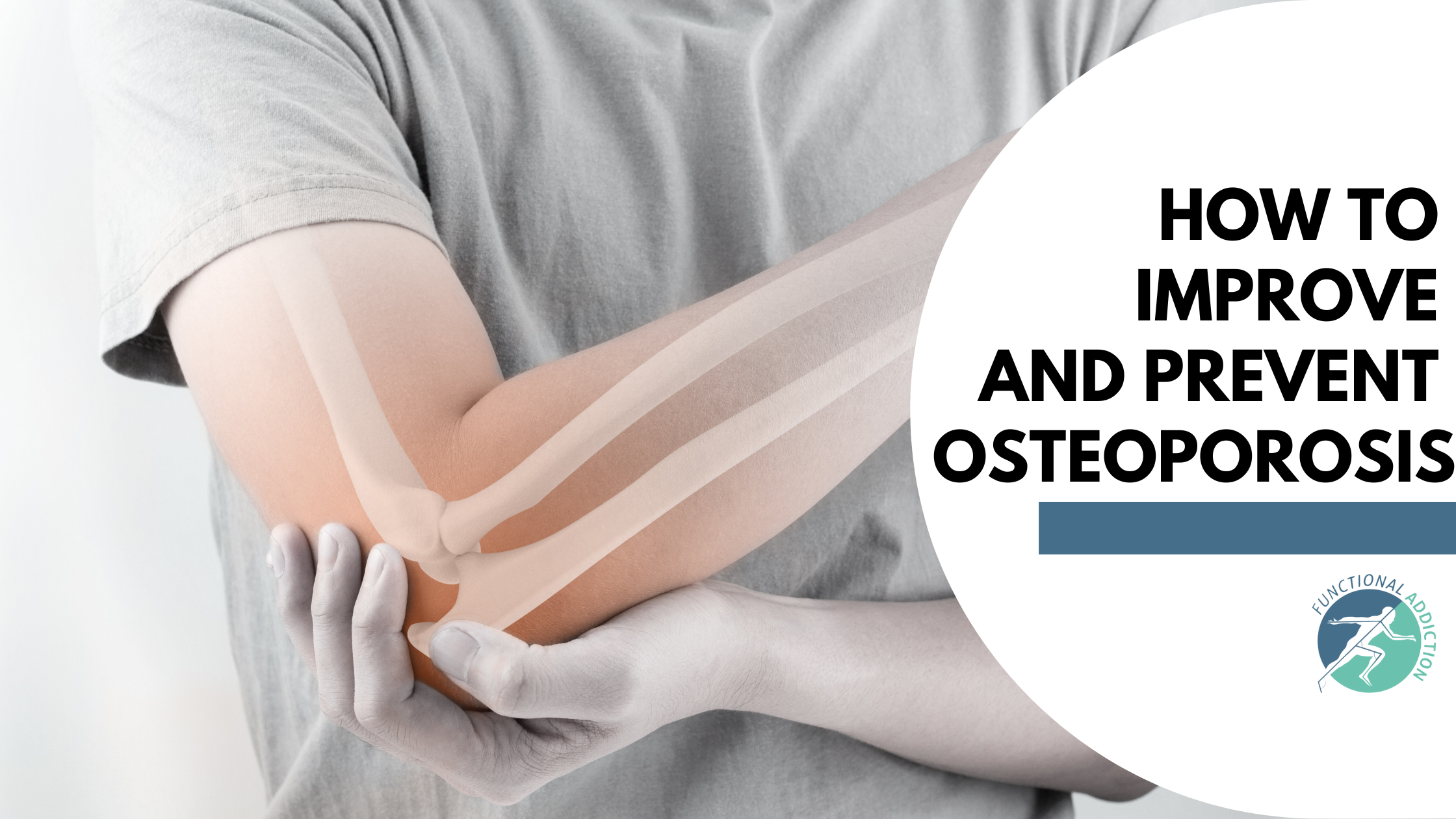Osteoporosis is a common condition that affects many aging adults, especially women. It is characterized by the loss of bone strength and bone density, which can make bones brittle and more susceptible to fractures. While osteoporosis is a natural part of the aging process, there are several lifestyle factors that can help prevent or manage the condition. In this article, we will explore the most powerful methods for preventing osteoporosis with lifestyle changes in aging adults.
Prevent Osteoporosis with Weight-bearing Exercise
Exercise is a vital component of bone health and can help prevent osteoporosis. Weight-bearing exercises, such as walking, jogging, and dancing, help to stimulate bone growth and maintain bone density. Resistance training, such as weight lifting, can also help to strengthen bones and reduce the risk of fractures. Exercise also helps to improve balance and coordination, which can reduce the risk of falls, a common cause of fractures in older adults.

It is recommended that aging adults engage in at least 150 minutes of moderate-intensity aerobic exercise per week, as well as muscle-strengthening activities at least two days per week. Older adults should consult with their healthcare provider before beginning any new exercise program.
Strength Training
Strength training is an essential component of preventing and managing osteoporosis. As we age, we lose muscle mass, which can lead to weakness and an increased risk of falls. Strength training can help to maintain muscle mass and improve overall strength, which can reduce the risk of fractures. It can also help to improve balance and coordination, which can further reduce the risk of falls.

Strength training should be done in addition to aerobic exercise and should target all major muscle groups. It is recommended that older adults engage in strength training at least two days per week. It is important to start with light weights and gradually increase the weight as strength improves. Older adults should also consult with their healthcare provider before beginning any new strength training program.
Proper Nutrition and Hydration
Good nutrition and hydration are essential for bone health and can help prevent osteoporosis. Calcium and vitamin D are two key nutrients that are important for bone health. Calcium is necessary for bone growth and maintenance, while vitamin D helps the body absorb calcium. Older adults should aim to consume 1,200 mg of calcium per day and 800-1,000 IU of vitamin D per day.
In addition to calcium and vitamin D, it is important to consume a well-balanced diet that includes a variety of nutrients. Eat a diet rich in pasture-raised, free-range animal meats, organs and fats, eggs, dairy, vegetables, properly prepared grains.
Enjoy the sun as much as you can, because it is a major source of Vitamin D.
The most important things to eliminate completely are industrial vegetable (seed) oils, like canola (rapeseed), soybean, corn, sunflower oil and all the other processed “foods” they contain. Minimize sugar as much as you can.
It is important to stay hydrated, as dehydration can lead to weakness and an increased risk of falls. Aim to drink at least 0,033 x your bodyweight in liters (100 kg person should drink at least 3,3 liters of water daily).
Sleep
Sleep is essential for overall health, including bone health. During sleep, the body repairs and regenerates tissues, including bone tissue. Sleep deprivation can lead to increased inflammation and a higher risk of fractures. Level up your sleep to get at least 7-8 hours of sleep per night.
Good Social Life and Relationships
Social isolation can have negative effects on overall health, including bone health. Older adults who are socially isolated may be at a higher risk of fractures due to a lack of social support and engagement. Having a good social life and maintaining relationships can help to reduce stress, improve mental health, and increase overall well-being, which can contribute to better bone health.
Purpose in Life
Having a purpose in life can also contribute improving or preventing osteoporosis. Older adults who have a sense of purpose may be more likely to engage in healthy behaviors, such as exercise and good nutrition. A sense of purpose can also provide motivation and a reason to stay active and engaged in life.
In conclusion, there are several lifestyle factors that can help prevent or manage osteoporosis in the aging population.
That is why I created a Holistic Osteoporosis Program that involves a tailor-made exercise plan, nutritional assessment and guidelines, sleep and stress coaching and so on. Fill out the application for the online coaching and have a free 20 minute consultation with me if I see that we are a good fit. Or you can immediately schedule a call if you need help with personal health problems.
Yours in Health,
Gábor

